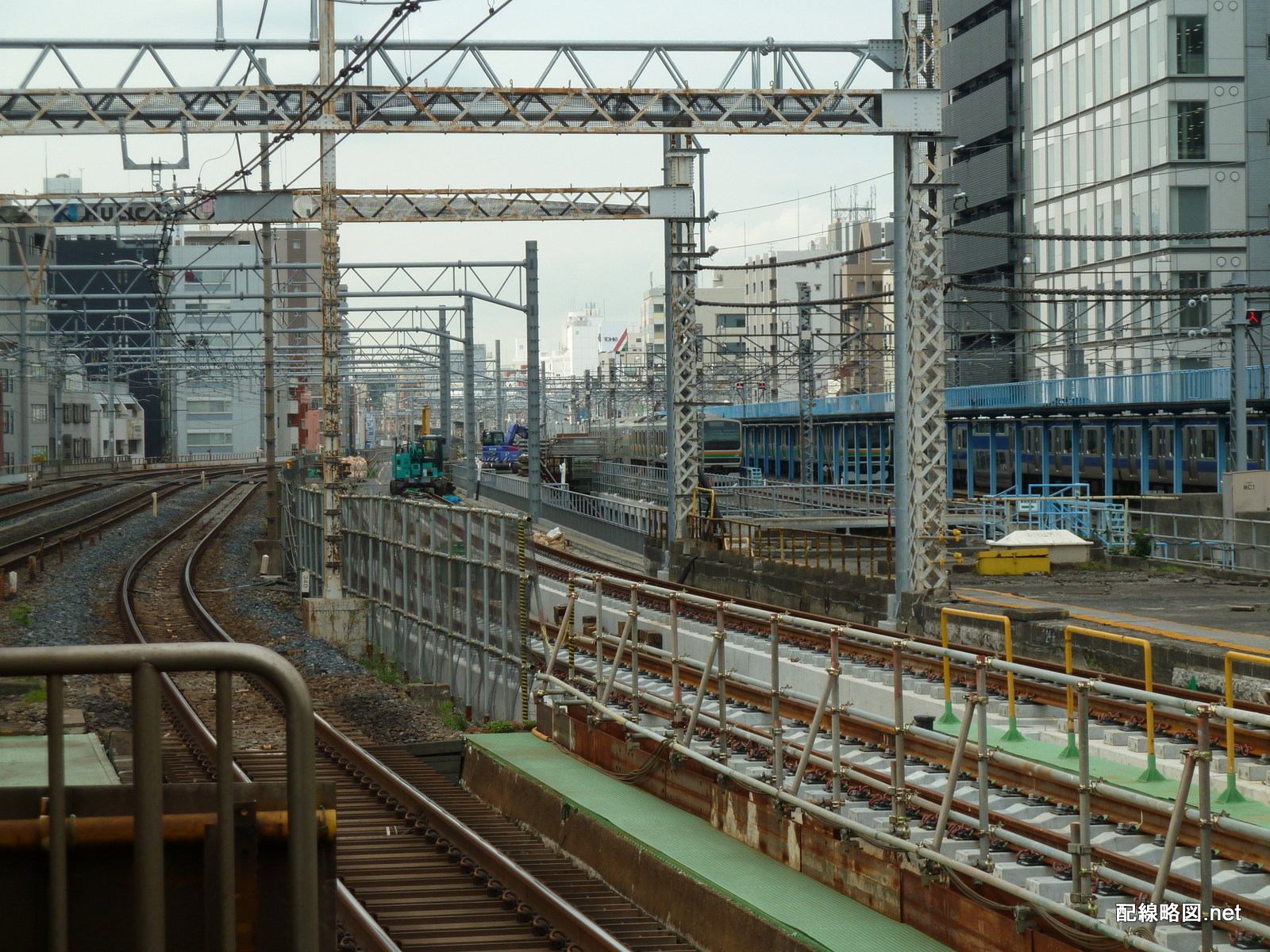Agile Engineering as the Key to Navigating Fast-Changing Markets
페이지 정보
작성자 Davida 댓글 0건 조회 6회 작성일 25-10-18 03:15본문
In today’s rapidly evolving business environment, enterprises must respond quickly to evolving market needs, innovations in tech, and competitive pressures. One of the most effective ways to maintain leadership is through agile methodologies. Unlike legacy approaches that rely on fixed specifications, agile engineering embraces flexibility, continuous refinement, and real-time input. This approach enables teams to respond instantly rather than waiting for quarterly reviews.

At its core, agile engineering means breaking down large projects into bite-sized increments. Each sprint lasts a short cycle and delivers a functional feature. This allows teams to test ideas early, collect actionable insights, and adjust direction before spending excessive resources. When market conditions change, a team using agile methods can shift course rapidly because they are already practicing adaptive planning.
Another key advantage is holistic unit alignment. Agile teams bring together engineers, UX specialists, QA analysts, and product owners to work within the same workflow. This breaks down silos and ensures that teams move toward consistent outcomes. When a consumer behavior shifts or a competitor launches a feature, the team can coordinate rapidly without lengthy approval chains.
Automation also plays a critical function in agile engineering. CI allow code changes to be pushed live through automated systems. This minimizes bugs, shortens release cycles, and gives businesses the ability to ship updates daily or even hourly when needed. In markets where the window of opportunity is narrow, being able to innovate continuously can make the decisive edge in competition.
Organizations that adopt agile engineering don’t just boost efficiency; they also transform their culture. Teams become more autonomous, resourceful, and robust. Employees feel more invested because they witness tangible customer outcomes and they have the freedom to experiment. This sense of accountability fosters a culture of growth, which is essential when markets evolve constantly.
Adapting to rapid market changes isn’t about possessing the largest resources or the state-of-the-art systems. It’s about establishing responsive workflows and 派遣 物流 fostering adaptive thinking. Agile engineering provides a blueprint for organizations to be nimble, demand-driven, and future-ready. Those that embrace it don’t just survive disruption; they thrive in it.
- 이전글Five Stories You Didn 25.10.18
- 다음글Complete RTP Database For Hacksaw Gaming Slots 2.0 - The following Step 25.10.18
댓글목록
등록된 댓글이 없습니다.





 전체상품검색
전체상품검색




